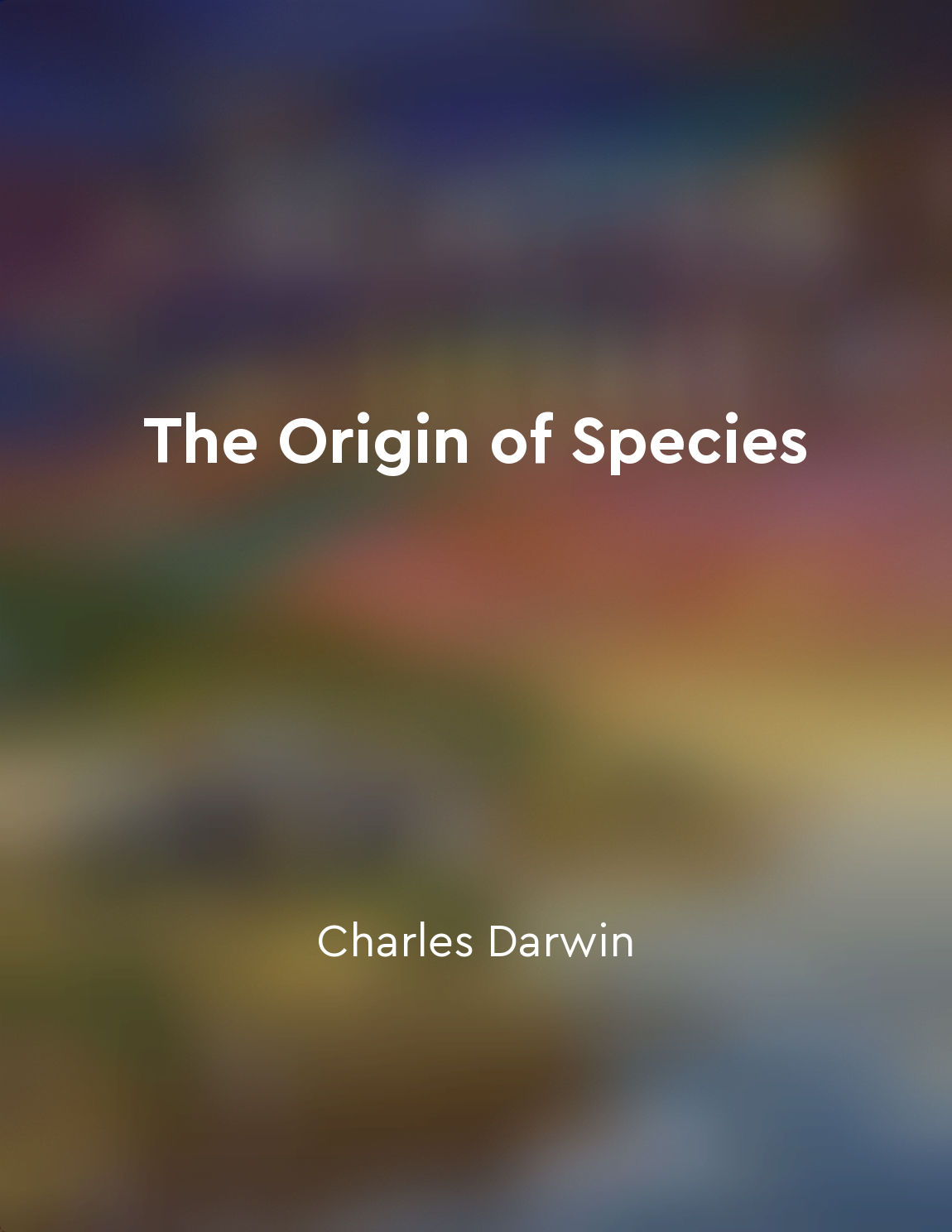Genetics explores inheritance patterns from "summary" of The Biology Book by DK
Genetics delves into the intricate world of inheritance, seeking to uncover the patterns that dictate the transmission of traits from one generation to the next. At its core, genetics is the study of genes, the units of heredity that carry the instructions for building and maintaining an organism. These genes are passed down from parents to offspring, shaping everything from physical characteristics to predispositions for certain diseases. Through the study of genetics, scientists have been able to unravel the mechanisms by which traits are inherited. One of the fundamental principles of genetics is the concept of dominant and recessive alleles. Dominant alleles are those that are expressed in an organism's phenotype, or physical appearance, while recessive alleles are masked by dominant ones. This interplay between dominant and recessive alleles gives rise to the diversity of traits observed in populations. Another important aspect of genetics is the concept of genetic variation. Genetic variation refers to the differences in DNA sequences among individuals within a population. This variation is essential for evolution, as it provides the raw material for natural selection to act upon. By studying genetic variation, scientists can gain insights into the evolutionary history of species and better understand the mechanisms driving genetic diversity. Genetics also explores the role of environmental factors in shaping gene expression. While genes provide the blueprint for an organism, the environment plays a crucial role in determining how that blueprint is realized. Environmental factors such as diet, exposure to toxins, and stress can influence gene expression, leading to variations in phenotype even among individuals with the same genetic makeup. In summary, genetics is a multifaceted field that delves into the complex interplay between genes, inheritance patterns, and environmental influences. By studying genetics, scientists can gain a deeper understanding of the mechanisms underlying inheritance and evolution, shedding light on the diversity of life forms that populate our planet.Similar Posts
Science education is a journey of discovery and exploration
Science education is not just about memorizing facts and figures; it is a process of discovery and exploration. It involves ask...
O equilíbrio emocional promove a vitalidade
The concept of emotional balance promoting vitality is crucial to our overall well-being. When we are able to maintain a sense ...
Transparency and accountability are essential for building trust in agricultural technologies
Transparency and accountability in the agricultural sector are crucial for fostering trust in the technologies being developed ...
Health is influenced by lifestyle choices and genetic factors
Health is a complex concept that is influenced by a combination of factors, including lifestyle choices and genetic predisposit...

Natural selection acts on existing variations
Natural selection, as I have explained earlier, is the process by which certain traits become more common in a population over ...
Gene editing technologies offer potential for curing genetic diseases
Gene editing technologies have created a new frontier in the field of genetics, offering hope for a future where genetic diseas...
Biogeochemical cycles involve the exchange of matter between living organisms and the environment
Biogeochemical cycles are essential processes that involve the movement of matter between living organisms and the environment....
